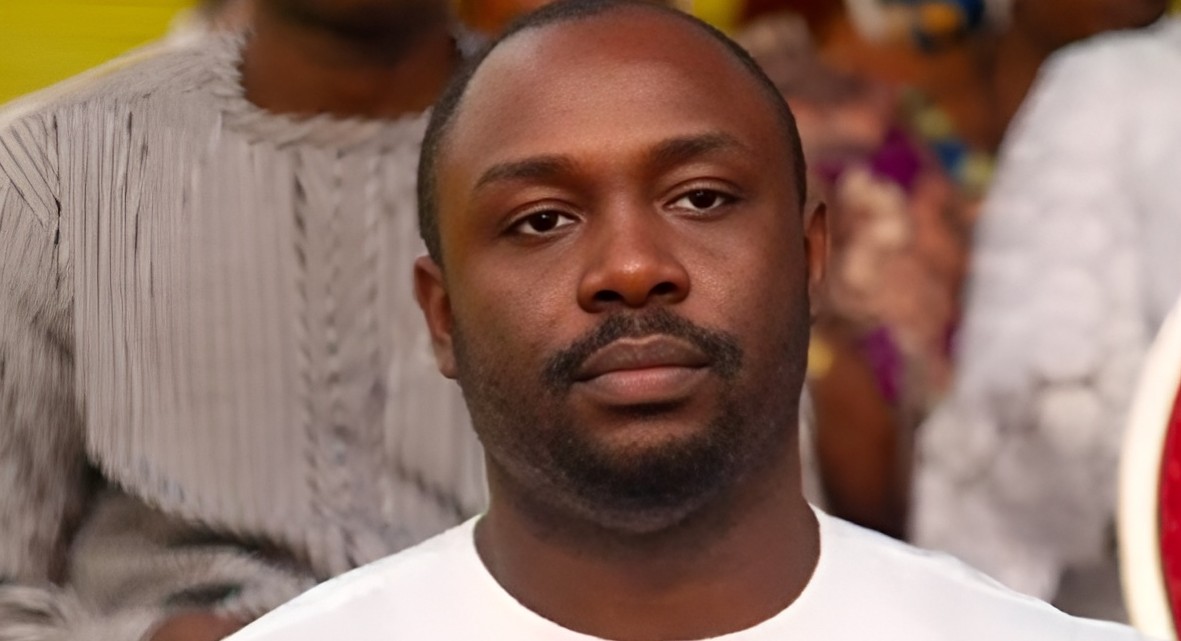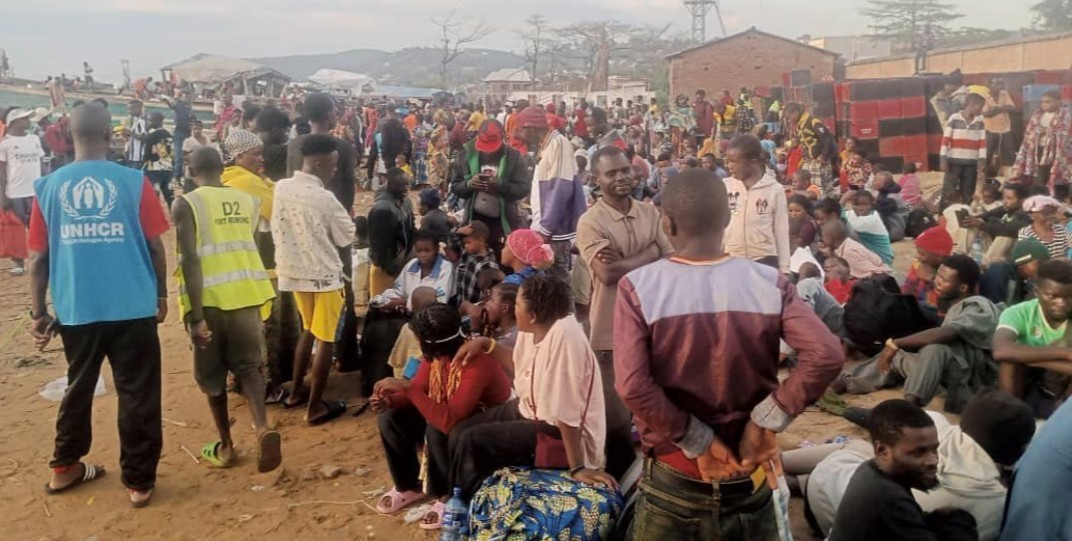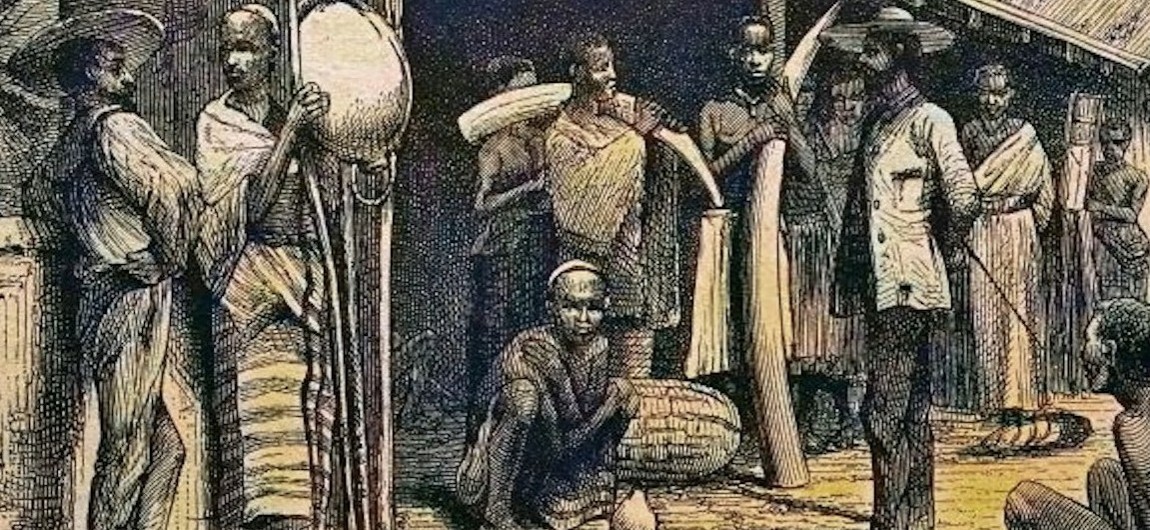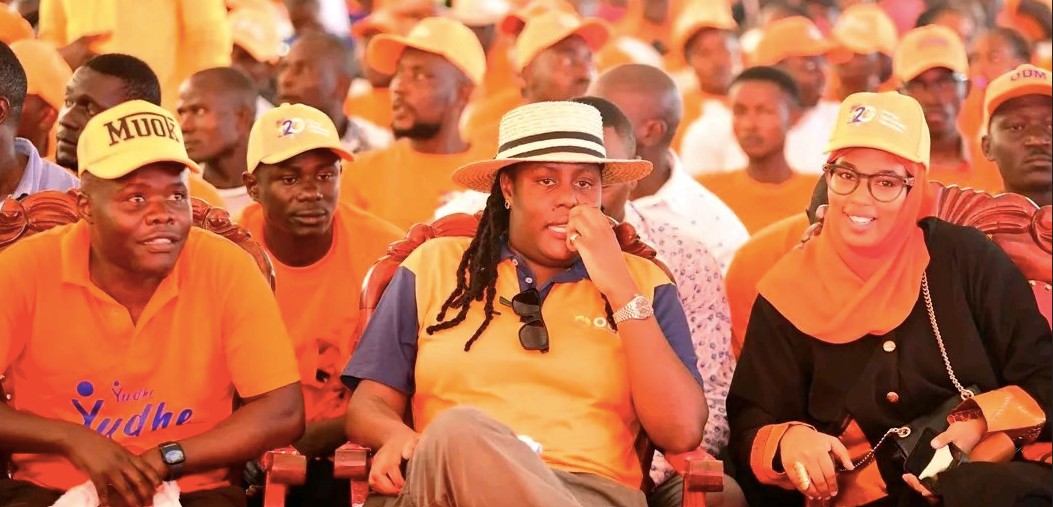Senate hearing highlights struggles of persons with Invisible disabilities
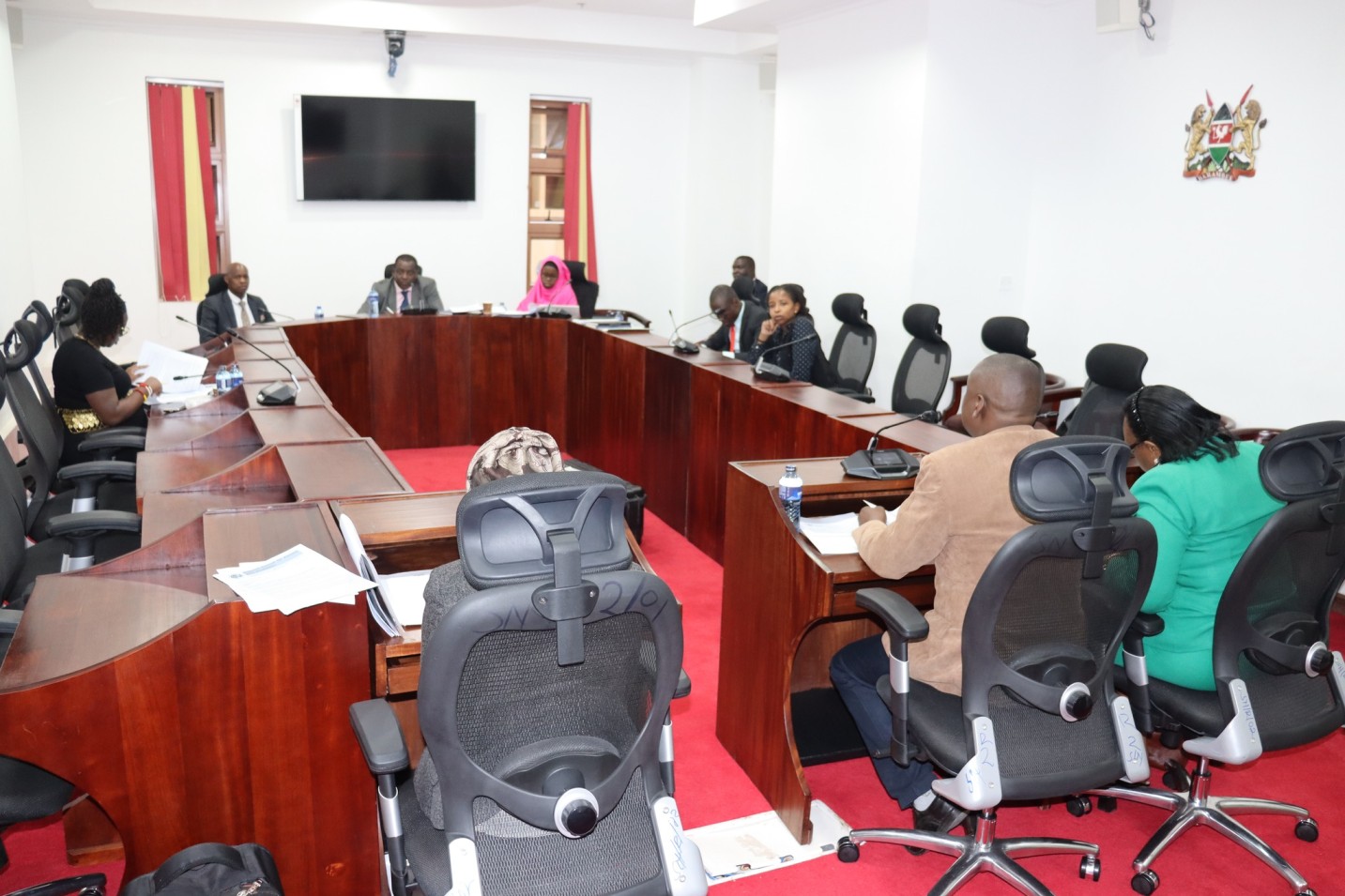
Senate Minority Leader Stewart Madzayo (Kilifi) expressed empathy for Beatrice and others facing similar challenges
It was an emotional hearing on Tuesday as the Senate listened to personal testimonials from Persons With Invisible Disabilities (PWIDs).
The Senate Committee on Labour and Social Welfare gathered to hear detailed accounts, including a heartfelt petition from Beatrice Likiwop, a resident of Narok County living with multiple invisible disabilities.
More To Read
- Senate targets KEMSA in plan to turn devolved institutions into executive agencies
- Senate convenes special sitting to hear Governor Nyaribo’s impeachment charges
- Senate summons Isiolo, Kericho governors for skipping audit hearings
- Governance Committee orders mandatory audit attendance for university heads
- Government to reunite 44,000 children in private orphanages with their families by 2032
- President Ruto to deliver State of the Nation address on November 20
Representing PWIDs, Beatrice detailed her struggles with Status Epilepticus, Bradycardia, and Fibromyalgia—conditions that lead to sudden comas, social isolation, and significant barriers to employment and access to medication. Her testimony underscored the often-overlooked challenges faced by individuals with disabilities that are not immediately visible, drawing attention to the need for greater awareness and support.
Advocating for PWIDs since 2016, Beatrice shared her arduous 350-kilometre journey to the County Referral Hospital, where she has received essential medication only three times this year, with each visit yielding just a week's worth of treatment.
She recounted a particularly distressing interaction with an official from the National Council of Persons with Disabilities (NCPWD), who dismissed her needs by suggesting she "buy yourself that red card, go to church; you only need prayers."
Beatrice's petition urges the government to officially recognise invisible disabilities, integrate PWIDs into relevant policies, and ensure consistent access to medication.
She noted the importance of "early interventions" to make essential treatments available locally, alleviating the burdens faced by those with unseen conditions.
Senate Minority Leader Stewart Madzayo (Kilifi) expressed empathy for Beatrice and others facing similar challenges, stressing that recognising invisible disabilities in policy requires a clear legal interpretation that differentiates these conditions from general disabilities.
In a similar vein, Senator Gloria Orwoba echoed this sentiment, noting the necessity of formally defining conditions often dismissed as mere "illnesses" and advocating for their acknowledgement as invisible disabilities deserving equal protection under the law.
Moreover, Senator Crystal Asige highlighted the urgent need for policy reforms that extend beyond addressing visible disabilities.
She further pointed out that current frameworks mainly provide end-of-life care, advocating instead for early interventions tailored to the needs of those with invisible disabilities.
"In Parliament, we often say that funding follows functions. For disabilities, however, latitudinal change follows systems. Legislators have a duty to create policies that shift societal attitudes, ensuring that invisible disabilities are recognised," Asige said.
Other stakeholders at the meeting included Alice Mundia, Chairperson of the Different-Talented Society of Kenya, and Macharia Njoroge, Director of Championing Inclusive Communities in Kenya.
Last month, people living with disabilities asked President William Ruto to appoint one disabled woman to the position of Cabinet Secretary.
The disabled, through Chief Executive Officer (CEO) of the United Disabled Persons of Kenya (UDPK), Sally Nduta, said that the position of Cabinet Secretary for gender should be given to a disabled woman.
She added that the constitution offers a powerful framework for the inclusion of persons with disabilities in governance and decision-making. After reconstituting his cabinet by bringing on board ODM members, President Ruto is yet to fill the position of East African Community.
"The constitution addresses inclusivity by providing for the appointment of persons with disabilities in public office as well as their representation in parliament and county assemblies," Nduta said.
She cited Article 54(2) of the Constitution, which obligates the state to ensure that at least five per cent of elective and appointive positions are held by disabled people.
Top Stories Today
